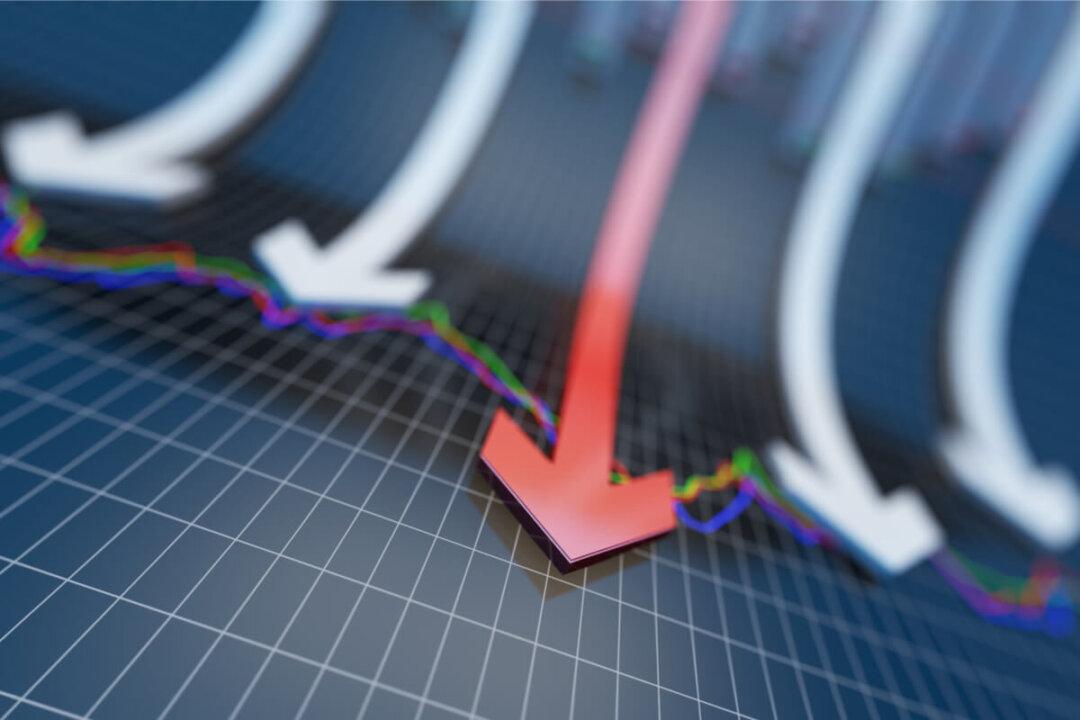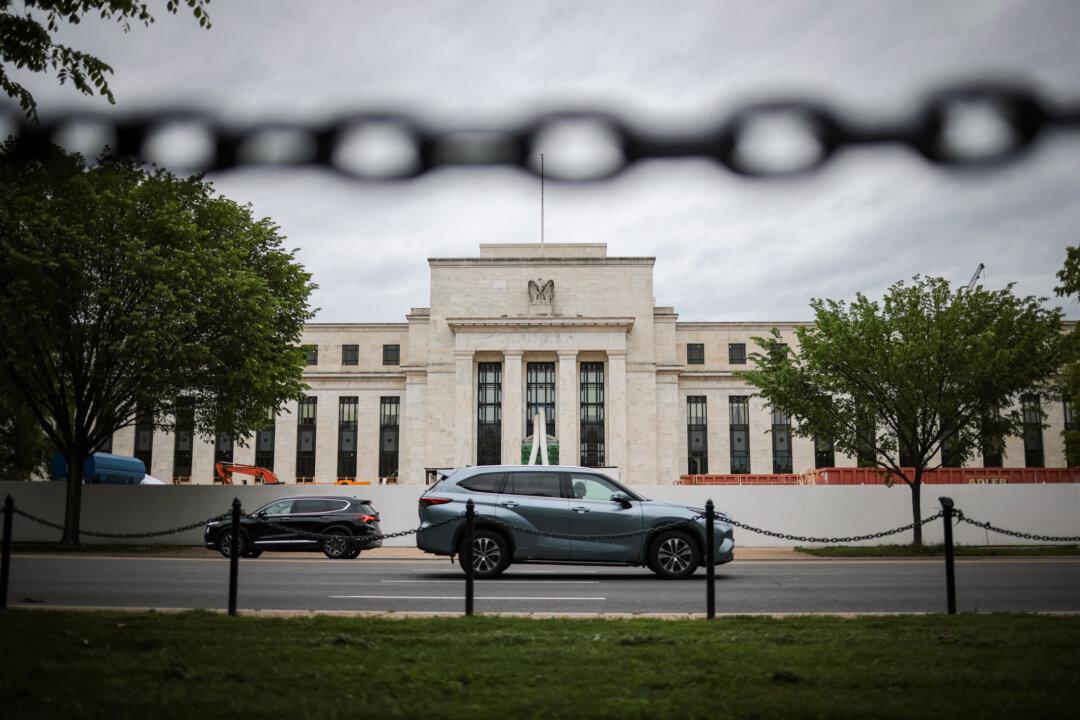Commentary
In an era of inflation, strikes are everywhere, and workers are suffering. Had their wages kept pace with inflation, they would not be grumbling about wanting to be treated better. Academics say wage-price exhibits a spiral, meaning that they reinforce each other. So, why is it that wage growth always seems to be slower than that of prices (inflation)?





